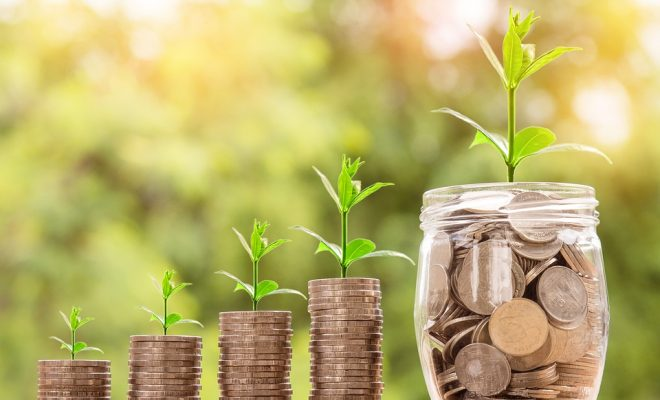
Already today, the ecological footprint of the entire human race exceeds the number of renewable resources. Every year over 250 million tons of plastic are produced around the world. And more than 50% of them are products for single use. Already 83% of tap water samples worldwide contain microplastics; they have even been found in fish and mosquitoes. And what is very interesting, there are ecological steps which will also help you to save money.
Well, there are many other ways to do it – for example, use some free bonuses in online casinos, if you are fond of gambling – 20bet.com/promotions/first-deposit-casino. But let’s look at 10 simple and useful habits, which do not require much effort and financial expenses, but are good for saving the environment. And you can significantly save your budget by implementing them in your everyday life.
USE REUSABLE BAGS, AVOID PAPER CUPS
So, ecology is a basic human need: without clean air, clean water, quality food and a healthy planet, our existence is impossible. Always go to the store with a reusable bag or backpack, and replace packets with fruit bags or eco-bags, where you can buy vegetables, fruits, frozen foods, nuts, and dried fruits. Use a reusable water bottle and take-out mug. Plastic bottles are one of nature’s major pollutants and a common type of trash.
Many coffee shops discount customers who take “coffee to go” in their containers. You can always pour water in a bottle at home, at work, or ask for water at a coffee shop.
And the paper cups – every paper cup has a thin layer of plastic inside that can withstand high temperatures. And there are many other plastic things that have excellent modern alternatives. The most important thing to remember is how long a disposable item has a lifespan.
REDUCE TRAVELING IN PERSONAL VEHICLES
Transportation is the second most polluting vehicle in the world and the largest percentage of emissions (40 percent) comes from personal cars.
According to many doctors and athletic trainers today, a person needs to walk at least 10,000 steps to stay healthy, and a sedentary lifestyle has dire health consequences. By choosing to walk, bike, or take public transportation, you will not only help the environment but will significantly save on car maintenance and make yourself much more active.
GIVE THINGS A SECOND LIFE
And one more important aspect about saving money: repair the things that could be repaired. Sell everything you can sell. Old furniture can be upgraded. Bags and shoes can be taken to the repair shop to change fittings. Sell or give away items you don’t need anymore at special marketplaces.
SHOP WITH A GROCERY LIST AND DON’T SHOP FOR ANYTHING YOU DON’T NEED
Today, 1/3 of all products produced on the land are thrown away. Often these are products that have not even been opened. Because of the expiration date, they are thrown away immediately in their packaging. To prevent this buy only as much as you are willing to eat.
BUY FEWER CLOTHES AND DON’T AVOID BUYING SECOND-HAND CLOTHES
The textile industry is one of the most toxic and resource-intensive industries. Textile production is one of the main causes of soil degradation.
Try to focus on the quality of the items so that are last as long as possible, buy clothes in second-hand shops or at special swap meets, buy not what you can, but what will always be relevant and suits you. If it is possible, give clothes a second life. Choose natural fabrics such as silk, linen, lyocell or organic cotton. Switch to natural care and cleaning products.
TAKE YOUR TIME AND START WITH YOURSELF
Of course, the transition to an environmentally friendly lifestyle and getting used to new habits takes time and effort. Start small, with things that you personally enjoy or do not add unnecessary inconvenience to your life. In the matter of environmental protection, the phrase “you have to start with yourself” applies more than anywhere else; even simple daily actions will make a significant contribution to the preservation of the planet and help you to save money.